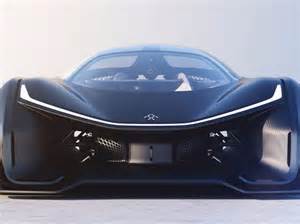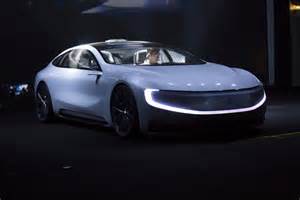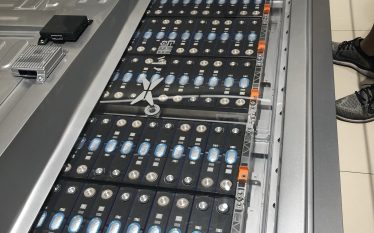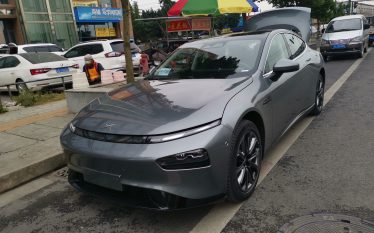Both Faraday Future’s FFZero1 supercar and LeEco’s autonomous electric vehicle could be officially launched next year, according to LeEco executives.
The FFZero1 electric vehicle, which was first unveiled as a concept car in January this year, may see an official launch at CES 2017 in Las Vegas, LeEco chief executive Jia Yueting revealed on stage during the company’s launch on Wednesday in San Francisco, California.
LeEco is the principal investor in LA-based automaker Faraday Future, and has directed over US$1 billion into its own autonomous electric vehicle business unit, the LeEco SEE Plan, according to Tony Nie, senior vice president of LeEco’s strategic investments and car businesses.
The company also raised US$1.08 billion in funding in September, with Jia claiming it is the largest initial financing round in the history of the automobile industry.
Nie said that the LeSee Pro vehicle will likely launch within the next year in the luxury segment, together with a range of connected products and services for the vehicle.
LeEco has suggested that passengers in the LeSee car would be able to sit back and enjoy a movie while the car zips around with its autonomous driving, for example.

But analysts are doubtful that LeSee will be able to beat current electric vehicle frontrunner Tesla, or even find success in its home market in China.
Zhang Yu, managing director at consultancy Automotive Foresight, said that Chinese consumers in particular are very brand conscious towards vehicles since cars are regarded as a status symbol.
Chinese consumers are therefore unlikely to purchase a LeSee vehicle since LeEco has no reputation in the luxury car market, he said.
However, Nie is confident that LeSee will find its footing in both the US and Chinese markets, based on the strength of its ecosystem offerings.
“While we are focused on building a high-quality car, we also want to build a different product that is not just a vehicle. Its [fundamental] function is a transportation tool, but we want to have more value-added features such as internet connectivity and content,” Nie said, adding that the LeSee Pro is an important part of the ecosystem and LeEco will do its best to ensure that the strength of its offerings will be attractive to luxury buyers.
The LeSee Pro will first launch in China and US before expanding to other countries like India, Nie added.
“One advantage for us [compared to Tesla] is that we have the Chinese market. Tesla is not developing that well in China and India, as different cultures and market will influence the business,” Nie said.
In August, LeEco announced that it planned to invest 12 billion yuan in an electric car factory located in Deqing county, Zhejiang province. The facility will reportedly produce 400,000 electric cars annually by 2018.
“Our cars will be produced in both China and the US to lower import duties and logistics costs,” Nie added. “In China, there are also government incentives for electric vehicles, and if we want to qualify for that we need to be producing cars in China.”
“I’m confident that in five years’ time, you will see many cars with autonomous driving functions on the streets, globally.”







